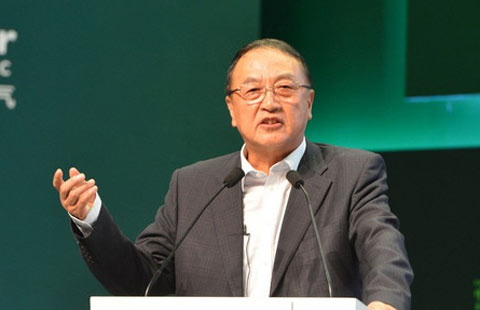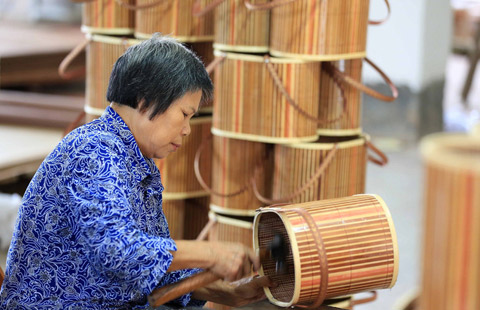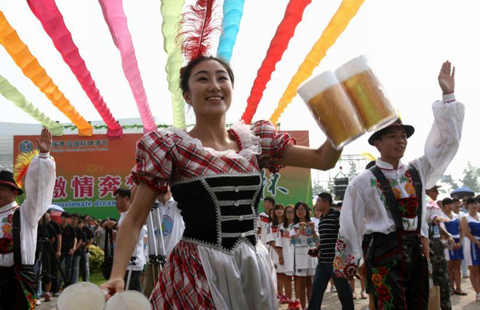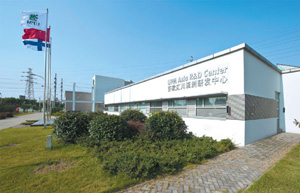China targets high salaries at State firms
(Xinhua) Updated: 2014-08-20 11:23Regulation of SOE salaries is not new. In an effort to narrow the widening gap between the rich and poor, the government announced an income distribution reform plan in February last year, stipulating that SOEs must impose ceilings on payments to state-appointed senior management as well as ensure that senior staff's salary growth is slower than the average for ordinary employees.
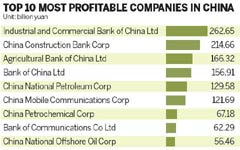 |
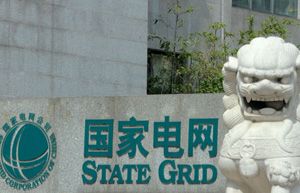 |
He also pointed out that the policy was just one part of the broader reforms in the SOE sector, which have centered on bringing in private capital to foster modern governance systems and develop a mixed-ownership economy.
A decision released after a key reform meeting last November pledged to actively develop a diversified ownership economy and allow more SOEs and other firms to develop into mixed ownership companies.
Since the meeting, several SOEs have taken the initiative in implementing reforms.
In February, China's top oil refiner, Sinopec, decided to restructure its lucrative distribution business and allow social and private capital to hold up to 30 percent of shares. Sinopec's move was followed by the State Grid Corporation's decision to open two business sectors in May.
But on the higher policy level, progress has been slow. Although rumors have surfaced several times that China will unveil a systematic guideline on SOE reforms, no specific timetable has been given yet.
Some media reports said earlier that the final plans would be published in September, but implementation and the launch of pilots are likely to start next year.
- Canada's Couche-Tard makes short-list in $16 billion Sinopec unit sale: sources
- 12 Japanese auto firms face $200m fine
- Cute pets at agricultural fair in Changchun
- China backs small cultural companies
- Alibaba to launch e-commerce platform for secondhand cars
- China unveils policies to revitalize Northeast
- Heinz recalls four batches of infant food in China
- Car-booking apps start moving up the ladder


